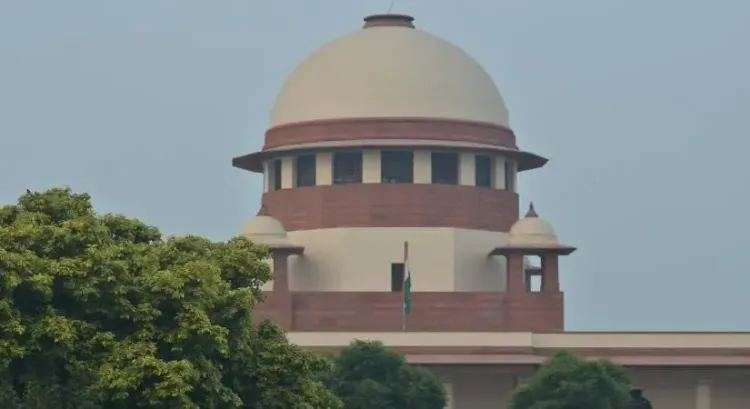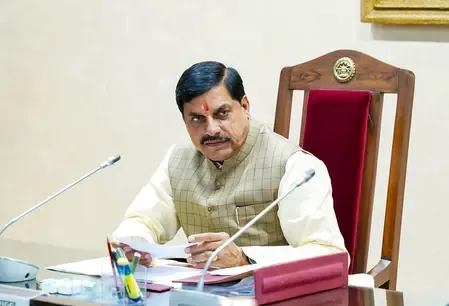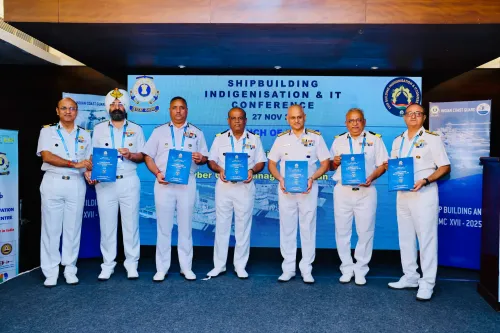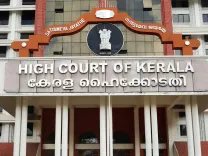Is a Judicial Officer Set to Become a Judge of the Punjab and Haryana High Court?

Synopsis
Key Takeaways
- Supreme Court Collegium recommended Ramesh Kumari's appointment.
- Appointment process involves multiple consultations.
- Chief Justice plays a crucial role in initiating proposals.
- Governor and Chief Minister also contribute to recommendations.
- Final approval comes from the President after due process.
New Delhi, Aug 7 (NationPress) The Supreme Court Collegium, led by Chief Justice of India (CJI) B.R. Gavai, has made a significant recommendation for the appointment of a judicial officer as a Judge of the Punjab and Haryana High Court.
The proposal for appointing Judicial Officer Ramesh Kumari was initiated by the Chief Justice of the P&H High Court, in collaboration with his two senior-most colleagues.
In a statement released on the apex court's website, it was noted, "On August 7, 2025, the Supreme Court Collegium has approved the proposal for the appointment of Ms. Ramesh Kumari as a Judge of the High Court of Punjab and Haryana."
According to the memorandum of procedure (MoP) governing High Court judge appointments, the process must begin with a recommendation from the Chief Justice.
If the Chief Minister has any names to suggest, they must be forwarded to the Chief Justice for consideration. Following this, the Governor, upon the Chief Minister's advice, sends the recommendation along with relevant documents to the Union Minister of Law & Justice promptly, ideally within six weeks from receipt of the Chief Justice's proposal.
The proposal is subsequently evaluated by the Centre, which reviews additional background information before sending it to the CJI. The CJI then consults the two senior-most judges of the Supreme Court before finalizing the recommendation.
After these consultations, the CJI is expected to send his recommendation to the Union Minister of Law & Justice within four weeks. According to the MoP, once the President signs the appointment warrant, the Secretary of the Department of Justice will notify the Chief Justice, and a copy of this communication will also be sent to the Chief Minister. The Chief Minister will then announce the appointment and publish the official notification in the Gazette of India.









